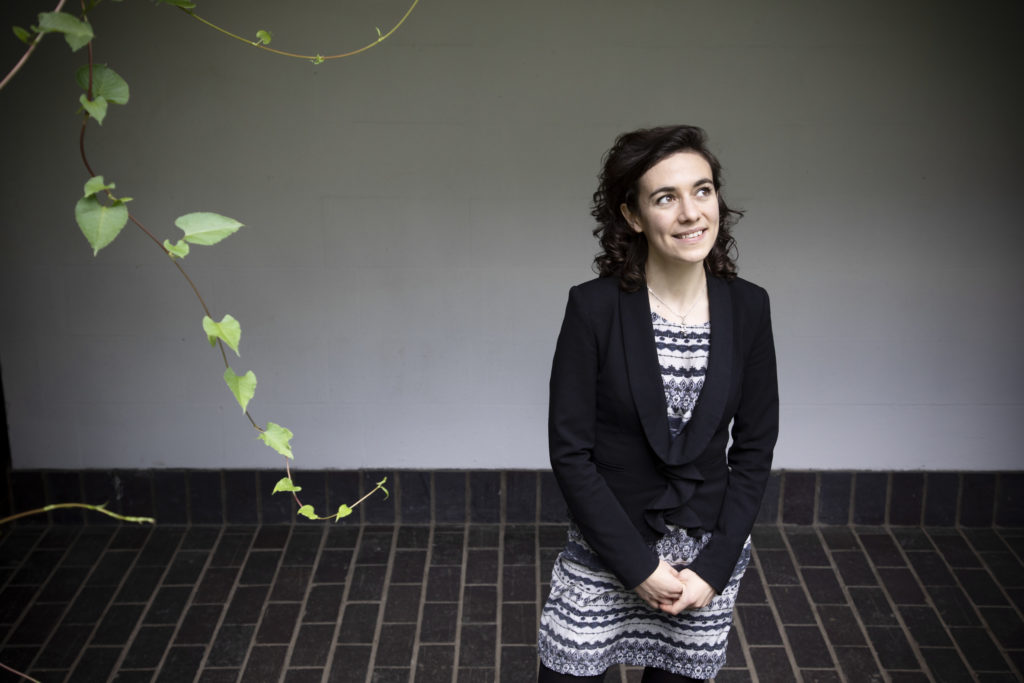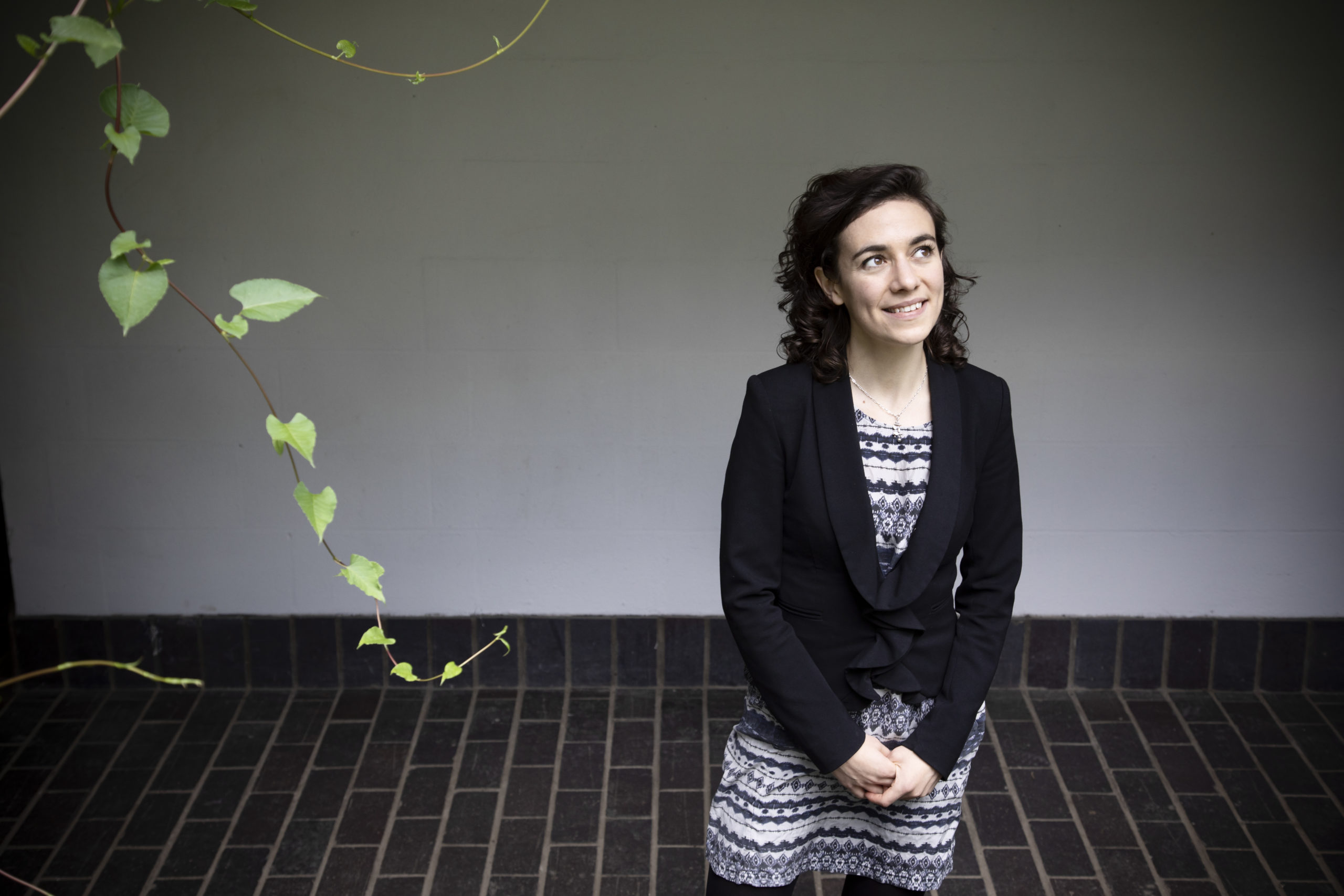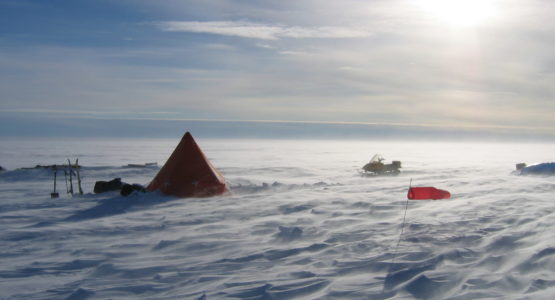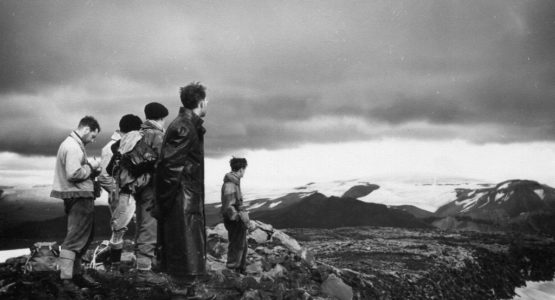
From the Cambridge Zero Carbon Society to Extinction Rebellion, and from a PhD on solar cell technology to working as an Energy Engineer, Nina Klein (2009) is keen to continue doing her bit to solve the climate crisis.
During the final summer of my undergraduate degree, I did a Procter & Gamble internship working for Gillette. The world of industrial research and development was interesting, but on balance I decided it was more important to save the world than shave the world.
After graduating from St John’s, I went to Oxford (just to see if the songs were true…) and embarked on a PhD researching materials for next generation solar panel technologies. One of the most fulfilling experiences of my PhD was coordinating the Oxford Climate Forum, which showed me how joyful and infectious it is to have everyone working together for a common cause and taught me that climate change is connected to everything, from human rights to high finance. Since finishing my studies I’ve been working as an Energy Engineer at the Department for Business, Energy and Industrial Strategy (BEIS).
As a scientist by training, I am convinced that acting on climate change is the obvious common sense approach. We have clear evidence of the problem in the decades of temperature and carbon dioxide data, and we have already existing solutions in solar, wind and now battery technologies. In that sense, I’ve always been a little baffled that we aren’t just getting on with it!
With my understanding of the climate crisis, I’ve always wanted to be part of the solution. After academia I joined the public sector to get closer to the front-line action, and I now provide independent technical advice so that Ministers can make evidence-based policy decisions. The job has really opened my eyes to the breadth of the transformation required: I’ve worked on electric vehicle consultations; standards for smart fridges; market platforms for energy flexibility trading; and innovation competitions for industrial scale hydrogen production.
My experience working in the climate and energy space has shown me that the situation we’re in is very stark. There is a huge gap between what the climate science says is required and what action we are actually taking. Additionally, all the targets are based on a 50-50 chance of keeping temperatures below 2°C, and I’m not sure I’d cross a road with those odds.
Developing new clean technologies is exciting, but I do joke that it’s called hardware because it’s hard. Fortunately, engineers are problem solvers by nature and many of the technical challenges have already been overcome. We have made amazing progress, and both solar panel deployment and offshore wind costs have beaten predictions by large margins.
All the targets are based on a 50-50 chance of keeping temperatures below 2°C, and I’m not sure I’d cross a road with those odds
Unfortunately, we are still not doing enough. As a civil servant I am professionally impartial and follow the civil service Code of Conduct. Government policy aside, however, my personal opinion is that the big issues still holding us back are lack of political will, misaligned economic incentives and older vested interests. We need to overcome these remaining challenges and close the gap fast.
I get outdoors daily by cycling along the Thames to work, where the cycle superhighways have certainly smoothed the transition from bicycle-friendly university towns to London. The move to a bigger city has also been made easier by joining my local Extinction Rebellion group, where I’ve met some truly inspiring people. While volunteering on the police station support team I met two unassuming retired GPs who had come all the way from Falkirk to be arrested again in England (they were already awaiting trial in Scotland), and during the December 2019 election campaign I got to know Peter, a 76-year-old grandfather who was sitting in the cold outside Party HQs on hunger strike for 26 days.
My personal feelings on the climate crisis and ecological emergency are summarised nicely by the environmental podcast title Outrage and Optimism. It’s completely reasonable to be outraged. Already today we are seeing shocking impacts: in China children breathe smog walking to school every day; in the UK last year flooding destroyed homes and livelihoods; and Australia is literally on fire as I write. The action to date is woefully lacking, and physics doesn’t negotiate with countries or companies. On the other hand, to succeed it’s necessary to be optimistic. This is justified: we are now moving in the right direction; there is global agreement on an unprecedented scale to fight climate change; and frontline communities are leading the way, sharing their success stories to encourage others.
Public engagement is at an all-time high, thanks to decades of work by Greenpeace, David Attenborough and others, alongside newer additions such as Extinction Rebellion and Greta Thunberg. The School Strikes especially fill me with hope: student voices are powerful because their lives are at stake. It is becoming socially unacceptable not to be taking action, and I think governments and businesses are beginning to notice this.
There is a global transition underway and this is a huge opportunity to be a leader. Progress is so often driven by ordinary people demanding it, and the one thing I’d like Johnians to take away from this article is that climate change can mean something to everyone. If you are health conscious, find some new vegan recipes to treat your family and friends to. If you have a pension, ask whether it’s invested in coal, which is on the way out, or in renewables, which are on the way up. If you love music, bring your instrument to the next rebellion to keep spirits high. You always get back more than you give, so take a first step and see where it leads.

Written by
Energy Engineer Nina uses her blend of scientific knowledge and practical policy experience to help counter the climate crisis.





